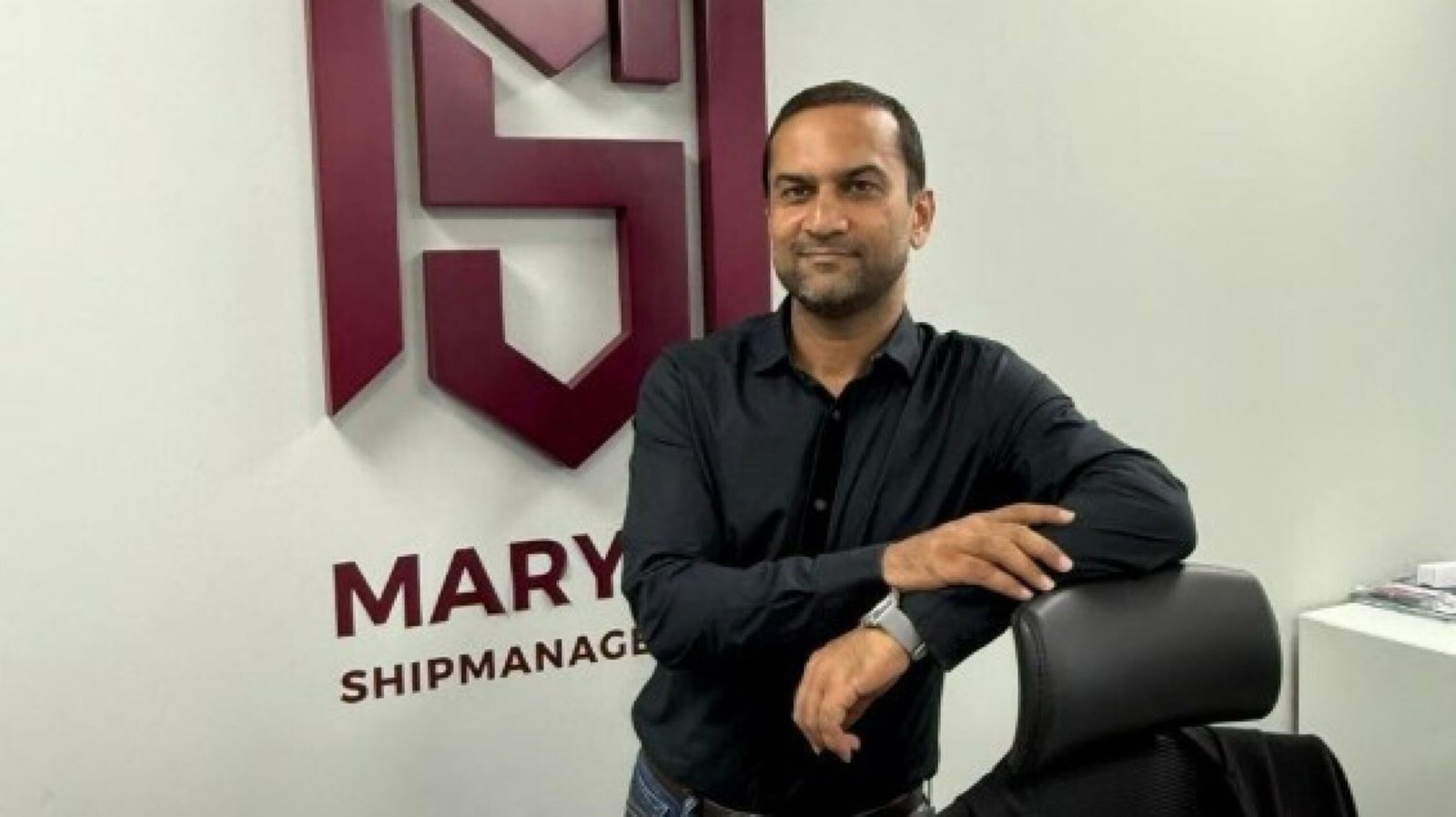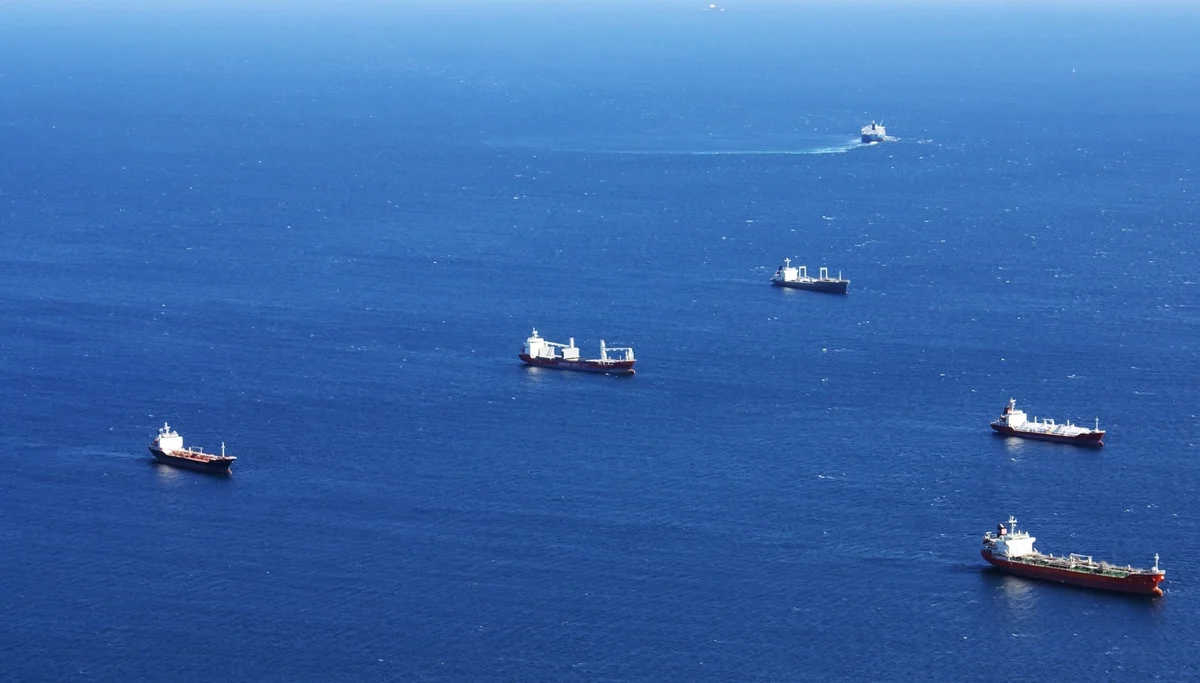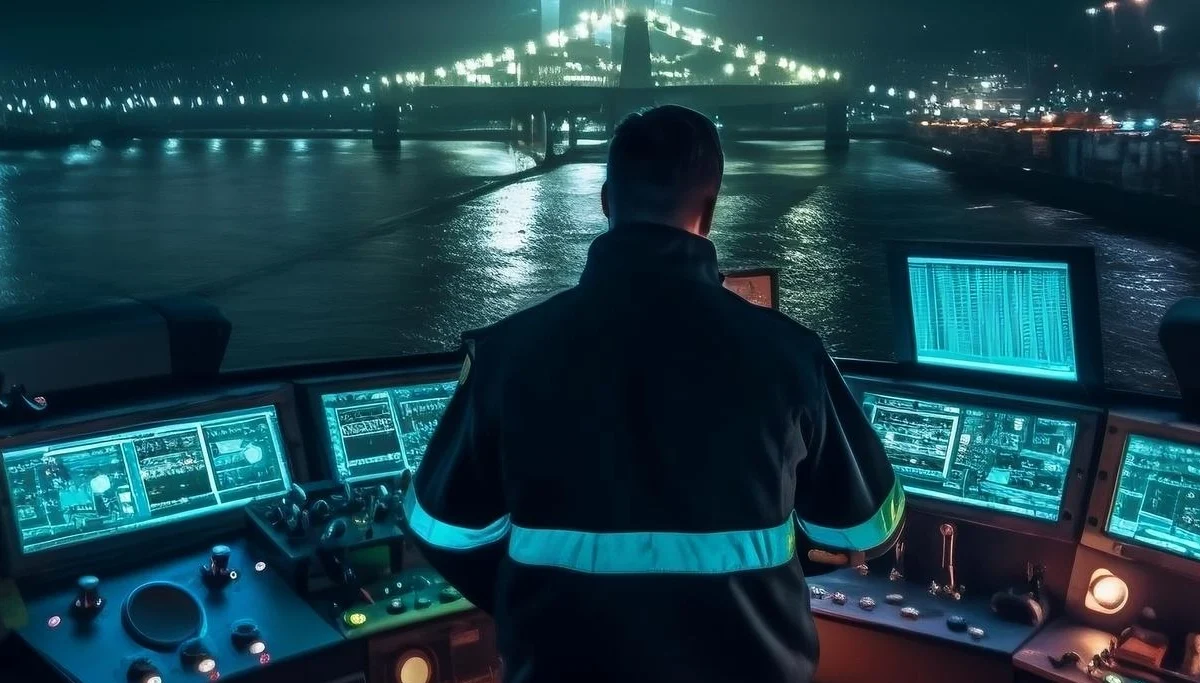After 11 years at sea as a Chief Engineer and nearly a decade managing ship operations from shore, I thought I’d seen every kind of maritime culture. Yet nothing prepared me for what I found at Maryam Shipmanagement: a company where professional excellence is matched by a genuine sense of brotherhood.
The Journey from Engine Room to Office
My maritime career began at sea, where I spent 11 years as a Chief Engineer, mastering the intricate technical demands of vessel operations. In 2015, I transitioned to shore-based ship management, bringing hands-on experience to support fleets from a new perspective.
For over a decade, I’ve managed ship operations for various owners, each with its own culture, challenges and opportunities. Some focused on Eastern operations, others on Middle Eastern routes. Each brought together a mix of nationalities — Filipino, Indian, Japanese, Turkish — creating unique multicultural dynamics.
Why Maryam Shipmanagement Felt Different
When I joined Maryam Shipmanagement two and a half years ago, the company was still in its early stages. Everyone was new, and, as with any career move, I brought expectations and comparisons from previous roles. You always hope the new organisation will surpass your last, but adapting to a new culture can be challenging.
What made me stay — and what continues to inspire me — is the culture of brotherhood we’ve built. Yes, we maintain a competitive and challenging environment that drives excellence, but we’ve created something more valuable: genuine togetherness.
This isn’t just corporate rhetoric. When a team member is unavailable, others step in without being asked. Trust, commitment, and loyalty aren’t policies —they’re values we live by. From day one, I felt I’d joined a family, where mutual support is simply how we operate.
The Power of Global Collaboration
Our recent Management Review Meeting (MRM) highlighted why this culture matters so much in maritime operations. We brought together colleagues from all our offices —a truly global team, representing different nationalities and cultures, united by common goals.
In ship management, we operate globally, with face-to-face meetings a rarity. Most daily interaction happens through emails, Teams meetings, and phone calls, across countries and time zones. But when we finally gathered in person, the energy was transformational.
Meeting colleagues face-to-face allowed us to understand each other’s expertise, limitations and cultural perspectives in ways virtual communication simply cannot. For newcomers working remotely, visiting our Dubai headquarters and meeting the entire team provided crucial context for their daily work.
Building Systems That Matter
As Technical Manager, I oversee all vessels from a technical perspective — a role requiring both strategic thinking and operational detail. Over the past two and a half years, we’ve built robust systems: team structures, ISM code implementation, sustainability programmes, energy efficiency initiatives and numerous process improvements.
Yet, until our MRM, we hadn’t systematically reviewed our performance. This meeting provided the ideal platform to analyse our current position, set clear targets, and chart pathways for improvement.
Take our planned maintenance systems, for example. Each vessel manages thousands of scheduled jobs, but some become overdue due to operational constraints. Day-to-day, we address these issues vessel by vessel. The MRM allowed us to analyse fleet-wide data: Which jobs consistently go overdue? What support do vessels need from the office? How can we improve completion rates?
The Missing Piece We Finally Found
If I have one regret, it’s that we should have held this enhanced new style of MRMs much earlier. Industry standard is twice yearly — one comprehensive review, one interim check-in. Due to our early-stage development, we delayed implementing this crucial process.
These reviews are integral to professional ship management. Regular performance assessment and annual improvement targets are essential. While we’ve built excellent systems and culture, earlier strategic alignment could have accelerated our progress.
Looking Forward with Confidence
What excites me most is combining the technical expertise and systematic approaches we’ve developed with the brotherhood culture that makes daily work genuinely enjoyable. We’re not just managing vessels; we’re building an organisation where professional excellence and personal fulfilment reinforce each other.
Our team-building activities are more than fun diversions. They’re investments in the relationships that make our remote collaboration so effective. When you truly know your colleagues, every email, every Teams call, every crisis response becomes more efficient and more effective.
A Career Decision I’d Make Again
Reflecting on my decision to join Maryam Shipmanagement, I’m grateful my friend introduced me to the promising future this company offers. What initially attracted me was the opportunity to help build ship management structures from the ground up — leveraging my expertise in establishing procedures and systems during a company’s formative years.
That opportunity has proved even more rewarding than I expected, but it’s the daily experience of working with committed, trustworthy colleagues that makes this a career decision I’d make again without hesitation.
In maritime operations, technical excellence is non-negotiable. But when you combine that excellence with genuine brotherhood, you create something special — an organisation where people want to build careers, not just jobs.
Awanish Bajpai Technical Manager, Maryam Shipmanagement




